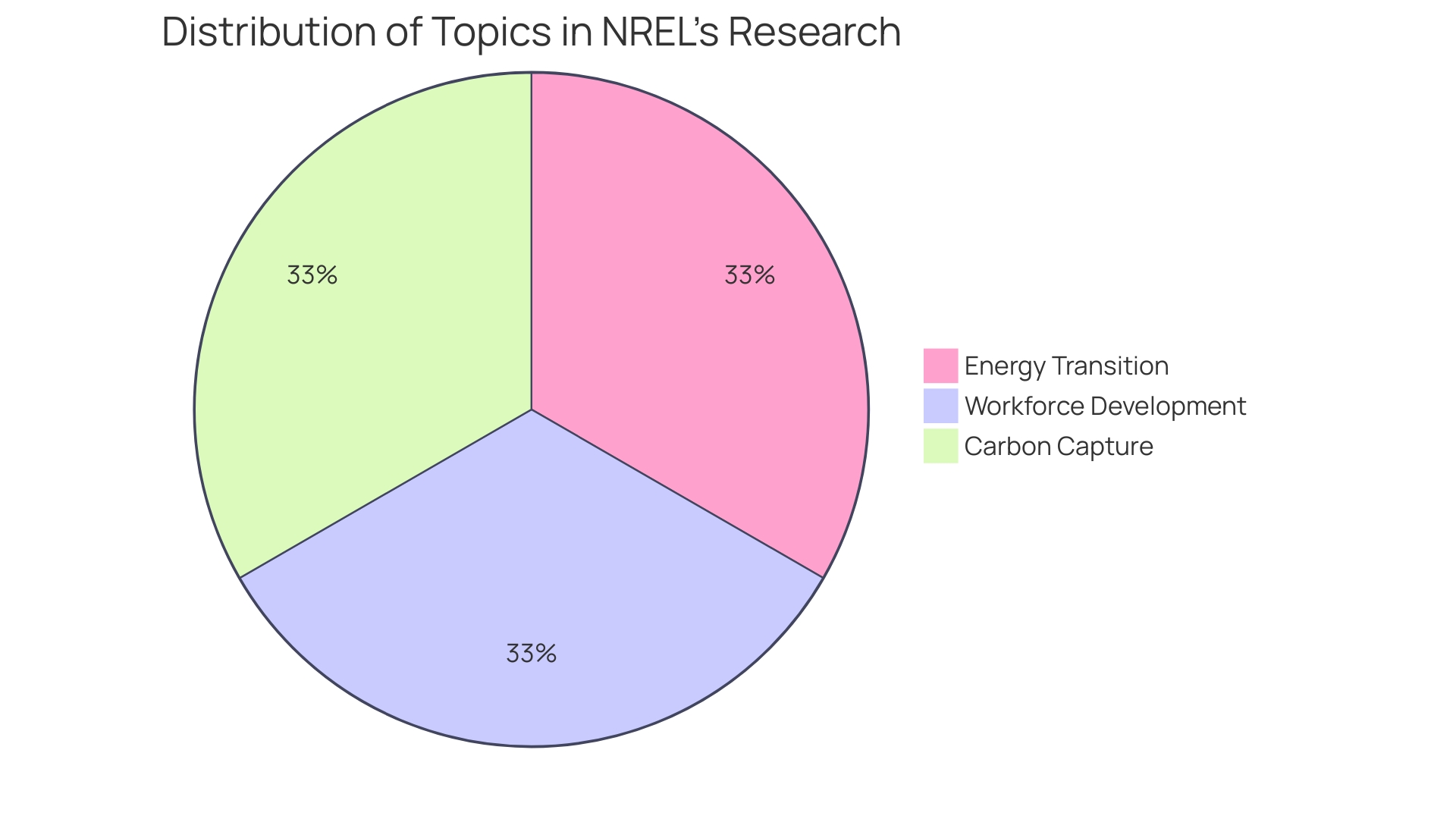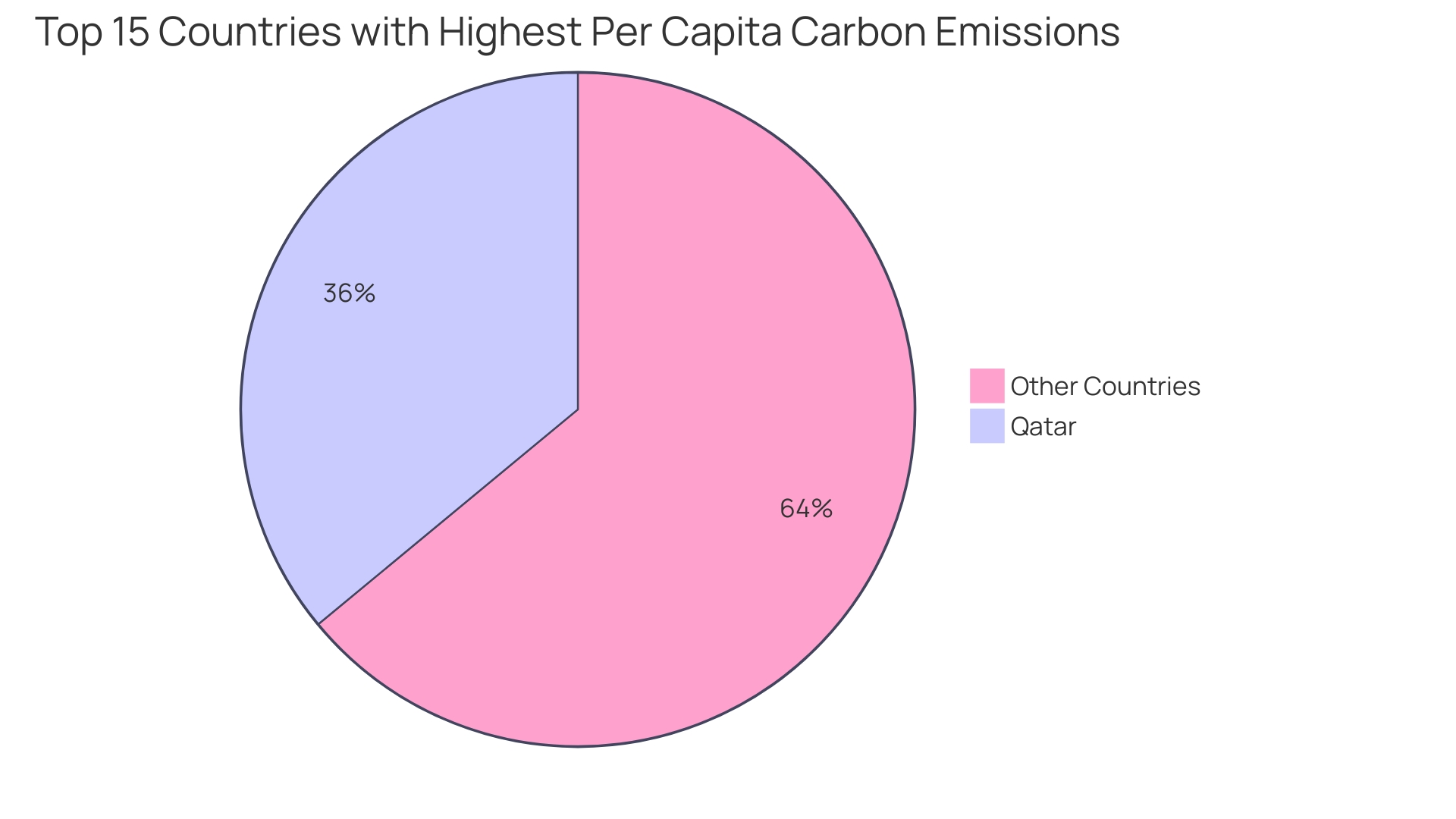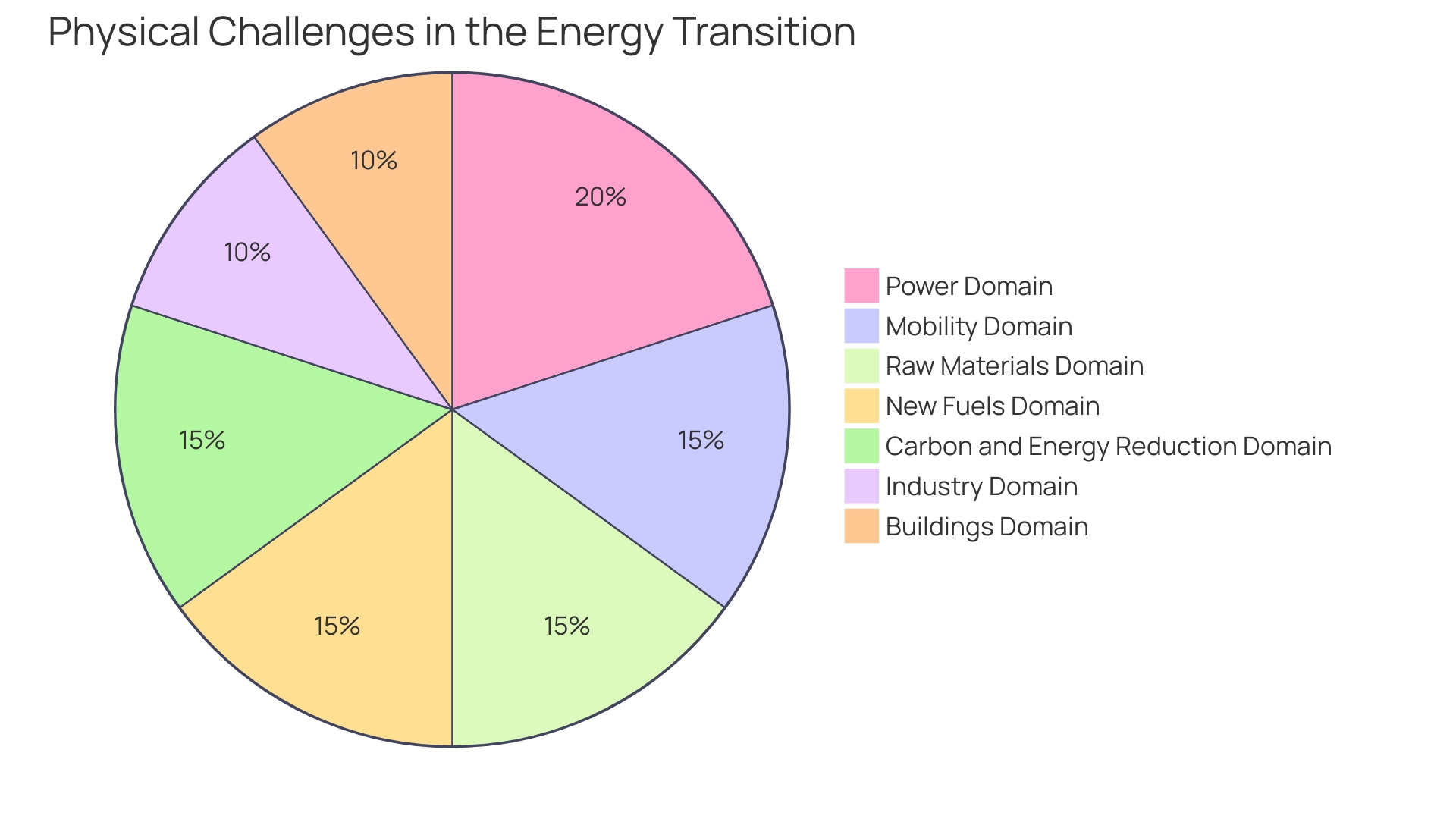Introduction
The modernization of compressor stations within the renewable fuels industry is a crucial step towards enhancing efficiency and reducing greenhouse gas emissions. In the case of TC Energy's Virginia Reliability Project, the strategy involved implementing state-of-the-art control systems, optimizing compressor configurations, and refining maintenance practices. These advancements mirror the broader trend of embracing high-efficiency solutions like industrial heat pumps powered by renewable electricity.
The shift towards sustainable practices is not limited to the renewable fuels industry alone, as the maritime sector is also embracing eco-friendly propulsion methods. For example, TMC Compressors' collaboration with Chantiers de l'Atlantique has resulted in marine compressors that significantly lower energy consumption and emissions. These innovative initiatives highlight the symbiotic relationship between technological evolution and environmental stewardship, emphasizing the importance of a cleaner, more sustainable future.
Modernization of Compressor Stations: The Virginia Reliability Project
Exploring the latest advancements in fuel technologies, the Virginia Reliability Project serves as a testament to the innovation occurring within the industry. TC Energy's effort to upgrade its stations is not only a move towards improving efficiency and reliability but also in line with the wider push to reduce greenhouse gas emissions. The project's strategy included implementing state-of-the-art control systems, optimizing machine configurations, and refining maintenance practices, mirroring the industrial sector's turn to high-efficiency solutions like industrial heat pumps powered by renewable electricity. Notably, such pumps are carving a niche in the food, chemical, and pharmaceutical industries, indicating a shift from traditional fossil fuels to more sustainable practices. At the same time, the maritime industry is also adopting environmentally friendly propulsion techniques, as shown by TMC's partnership with Chantiers de l'Atlantique to provide marine machinery that greatly reduces power usage and emissions. These vessels, poised to be the largest sailboats globally, combine wind power with engines running on liquefied natural gas (LNG), setting a new standard for environmental performance in marine transport. This symbiotic relationship between innovation and environmental stewardship underscores the importance of technological evolution in the journey towards a cleaner, more sustainable future.

Environmental Benefits: Transition to Electric and Hybrid Compressor Units
Shifting to electric and hybrid technologies not only aligns with the broader transition towards sustainable energy but also demonstrates a tangible impact on public health and the environment. The electrification of units, as evidenced in the recent case study of TC Energy, offers a substantial decrease in greenhouse gas emissions and air pollutants. This shift is not just a strategic move for companies but a direct response to the urgent need to improve air quality for more than 40% of Americans currently living in communities with unhealthy air pollution levels. The strategic replacement of gas-powered compressors with their electric counterparts could play a pivotal role in mitigating health risks and addressing disparities in pollution burdens.
Furthermore, the feasibility of these innovations in a business environment has experienced notable progress in the last couple of years. Manufacturers have made strides in enhancing battery life, power output, and charging solutions to meet the rigorous demands of industrial applications. The implementation of these cleaner innovations is additionally supported by the scalability of solar projects, like the one connected to the grid by Xcel Energy, which repurposes infrastructure from retiring coal plants to accelerate clean power distribution.
In addition to environmental benefits, the economic case for such transitions is increasingly compelling. Solar and wind power have become more affordable than traditional forms of power in many parts of the U.S., with costs projected to continue their downward trajectory. The adoption of energy-efficient measures, including the retrofitting of buildings and upgrading HVAC systems with innovations like heat pumps, stands to reduce global CO2 emissions significantly while also supporting the health, safety, and well-being of occupants.
The shift to sustainable power sources is not just about embracing new technologies but also about guaranteeing fair access to resources and safeguarding the basic human entitlement to a wholesome and secure surroundings. As tidy, inexpensive, and dependable power solutions become more attainable, they pave the path for a sustainable future where power does not come at the cost of human health or the planet.
Economic Impacts of Compressor Station Upgrades
The economic implications of TC's compressor station upgrades offer a compelling case study in balancing short-term expenses with long-term gains. Though the modernization required substantial capital outlay, the investment was offset by the resultant operational efficiencies. These included diminished maintenance costs and an enhancement in throughput capacity. According to the U.S. Department of Energy, optimization in compressed air systems can lead to a 20% to 50% improvement in efficiency. In the broader context of energy infrastructure, such enhancements are critical. For example, Baker Hughes, well-known for its carbon capture and storage expertise, has shown that the appropriate solutions can improve safety standards and promote sustainable community development. With over a century of experience in drilling services and a significant focus on carbon capture, utilization, and storage technologies, the company exemplifies how strategic investments can drive innovation and contribute to a sustainable future. This is a testament to the principle that initial investments in modernization can yield substantial long-term financial and environmental benefits.

Data Management and Emissions Tracking Best Practices
The TC Power pressure pump station case study presents a convincing story about the importance of efficient data management and emissions tracking in the realm of efficiency. At the heart of their strategy, TC Energy concentrated on the careful gathering and evaluation of data related to station performance, emissions, and power usage. This approach underscores the pivotal role that accurate and reliable data plays in fine-tuning operations, pinpointing potential enhancements, and adhering to environmental mandates.
One notable example is the implementation of advanced compressors that recover waste heat for plant use, which not only highlights the potential for unexpected mechanical issues but also underscores the significance of redirecting resources in a way that cuts costs and enhances overall efficiency. It's a concept that resonates with the broader industry trend where conservation and innovative management are paramount, particularly in data centers where constitutes both a considerable operating expense and a source of waste heat.
Moreover, the World Economic Forum report accentuates the economic benefits of investing in building efficiency upgrades, a sentiment echoed by industry leaders who recognize the dual benefits of sustainability measures for both environmental and business outcomes. The strategies adopted by TC Company align with these insights, demonstrating that operational improvements can yield substantial economic and environmental dividends.
As part of their operational overhaul, TC Energy also embraced the concept of total cost of ownership (TCO) that extends beyond initial equipment investment to include ongoing power and maintenance expensesâfactors that can constitute up to 80% of the TCO for compressors. This holistic view of expenses is essential for decision-makers seeking to reduce costs and bolster sustainability.
Furthermore, the case study is a testament to the broader perspective on power and sustainability as strategic business priorities. With retail industry giants grappling with the challenge of meeting sustainability targets, the emphasis on data as the foundation for emissions mitigation strategies becomes increasingly clear. It's a sentiment shared by climate scientists and industry experts who advocate for robust measurement, reporting, and verification (MRV) protocols to track the effectiveness of carbon dioxide removal methods and other climate actions.
In an era where data proliferation is unprecedented, especially within commercial buildings that are championing sustainability, the key challenge now lies in converting this vast amount of energy-related data into actionable insights. TC Company's case study serves as an emblematic example of how data, when contextualized and analyzed correctly, becomes an indispensable tool for identifying power inefficiencies and implementing corrective measures that not only reduce carbon footprint but also enhance operational control and flexibility.

Technological Innovations: Optimizing Pipeline Capacity and Reducing Emissions
TC's embrace of innovative technologies mirrors a wider industry movement to bolster grid capacity and decrease emissions. By utilizing advanced modeling and simulation, TC Energy is able to optimize compressor operations, ensuring efficient flow rates while minimizing pressure drops. This aligns with the broader sector's utilization of high-performance computing (HPC) and artificial intelligence (AI) to analyze grid stability and seamlessly integrate new resources. Likewise, the company's adoption of emission control measures like low-bleed valves and catalytic converters demonstrates the increasing dedication to reducing emissions. This echoes the sentiments that energy-efficient methods are critical in curbing fossil fuel consumption and emissions across various sectors, including transportation and industry, as highlighted by recent policy shifts aimed at bolstering energy efficiency to mitigate dependency on high-priced fossil fuels.
Furthermore, TC's endeavors are a microcosm of the greater shift towards implementing fast-to-deploy, inventive, and economical solutions that tackle increasing electric demands and infrastructure challenges. Tools like grid-enhancing technologies (Gets) and virtual power plants (VPPs) are instrumental in unlocking existing infrastructure capabilities, potentially supporting an additional 20-100 GW of incremental peak demand. As the power landscape develops, initiatives like TC Energy's not only contribute to more sustainable operations but also pave the way for a more resilient and adaptable grid system.
Case Study: ANR Pipeline System Expansion in Wisconsin
In a bold project to enhance the ANR Pipeline System in Wisconsin, TC demonstrated a dedication to station efficiency. This undertaking tackled unique challenges, such as climate considerations and the integration of advanced technologies. The project's success hinged on strategic planning and the execution of various efficiency measures, which significantly enhanced the system's performance. The optimized compressor stations now contribute to the reliability and efficacy of the pipeline, underscoring the effectiveness of TC Energy's approach.
Industrial sectors are rapidly exploring electrification alternatives to fossil fuel-based heat sources. Innovative startups are utilizing inexpensive wind and solar power to warm materials like specialized bricks for storage, while others like Skyven Technologies are transforming heat pumps for industrial applications. These advancements are indicative of the broader transition towards energy-efficient technologies.
These audits have emerged as a crucial tool in pinpointing potential savings in industrial use, with some studies indicating a reduction potential of up to 20%. Such audits not only promote investment in cost-saving measures but also encourage a cultural shift within organizations, fostering efficiency awareness among employees. The state of Ohio exemplifies the larger economic and environmental benefits of these practices, with its robust manufacturing sector reaping the rewards.
The marine industry is not far behind, as evidenced by TMC's delivery of energy-efficient marine compressors for Chantiers de l'Atlantique's highly environmentally performative ships. This collaboration highlights the industry's commitment towards decreasing consumption and emissions.
Data and transparency play a significant role in the fuel technology and transportation sectors. Consistently published data sets on commodity imports and exports, power supply, and sources, as well as compliance with export reporting requirements, provide valuable insights into market dynamics. Resources like pipeline profiles for oils, liquids, and natural gas offer user-friendly access to complex data, empowering industry professionals to make informed decisions.
In summary, the collective endeavors in different industrial domains to enhance efficiency in power usage are not just resulting in financial advantages but also adding to the global push for a cleaner and more sustainable energy landscape.

Long-Term Strategies for Reducing Greenhouse Gas Emissions
The commitment of TC to a sustainable future is reflected in its strategic initiatives aimed at reducing greenhouse gas emissions. Through establishing strong emission reduction objectives and investing in sustainable power sources, TC Energy is contributing to the global effort towards a net-zero economy. This includes the adoption of carbon capture and storage (CCS) technologies, which are crucial for eliminating CO2 emissions at scale. The company's modernized compressor stations exemplify their pursuit of efficiency, as they play a pivotal role in the transition to a more sustainable and environmentally friendly landscape.
Furthermore, the global community is observing a notable change in the production of power, with nations like Uruguay approaching a 100% environmentally friendly electricity network, thanks mainly to their ample wind resources. In the same way, TC Company's approach aligns with global decarbonization trends that have gained momentum due to considerable investments in assets supporting a low-carbon economy. For instance, the Coastal GasLink pipeline, a project poised to transport natural gas in Canada, represents the kind of infrastructure development that harmonizes resource requirements with environmental considerations.
In the broader context, with the IEA declaring the impending end of demand growth for fossil fuels within the next decade, TC Energy's strategies are in lockstep with the shifting paradigm of power. In the meantime, China's progress in lithium-ion battery technology is transforming storage and transportation, further supporting the shift to an economy with reduced reliance on fossil fuels. These developments, coupled with the forward-thinking policies and investments in hydrogen, carbon removal, and electric grid modernization, signal a transformative era in energy production and consumption, where companies like TC Energy are actively shaping a sustainable, resilient future.
Conclusion
In conclusion, the modernization of compressor stations within the renewable fuels industry, exemplified by TC Energy's Virginia Reliability Project, is a crucial step towards enhancing efficiency and reducing greenhouse gas emissions. By implementing state-of-the-art control systems, optimizing compressor configurations, and refining maintenance practices, TC Energy mirrors the broader trend of embracing high-efficiency solutions like industrial heat pumps powered by renewable electricity. These advancements highlight the symbiotic relationship between technological evolution and environmental stewardship, emphasizing the importance of a cleaner, more sustainable future.
Transitioning to electric and hybrid compressor technologies not only aligns with the shift towards sustainable energy but also has tangible benefits for public health and the environment. The electrification of compressor units, as seen in TC Energy's case study, offers a substantial decrease in greenhouse gas emissions and air pollutants, contributing to improved air quality and addressing pollution burdens. Furthermore, the economic case for these transitions is increasingly compelling, with solar and wind energy becoming more affordable and energy-efficient measures reducing global CO2 emissions.
The economic implications of compressor station upgrades, as demonstrated by TC Energy, highlight the balance between short-term expenses and long-term gains. Effective data management and emissions tracking are crucial in optimizing energy efficiency and adhering to environmental mandates. Technological innovations, such as advanced modeling and simulation, emission control technologies, and grid-enhancing solutions, are essential in optimizing pipeline capacity and reducing emissions.
In conclusion, the efforts in various industrial sectors to improve energy efficiency not only lead to economic benefits but also contribute to the global push for a cleaner and more sustainable energy landscape. The modernization of compressor stations, the transition to electric and hybrid technologies, effective data management and emissions tracking, and technological innovations all play crucial roles in achieving a more sustainable future. These initiatives highlight the importance of embracing high-efficiency solutions and technological advancements to ensure a cleaner, more sustainable future.
Upgrade your compressor stations and contribute to a cleaner and more sustainable future.




